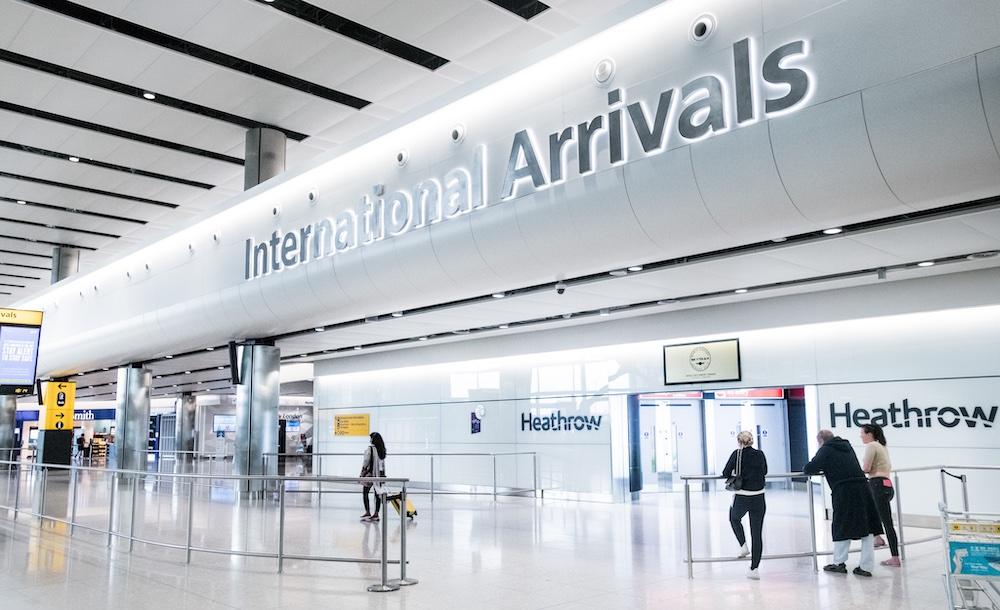
“You can maybe fly internationally from May 17. We’ll tell you where in early May. And it might be very expensive.” This paraphrases the latest message from the UK government to airlines and passengers.
The UK unveiled its air travel reopening plans on April 9, with the aim of giving passengers and airlines clarity. But what the government actually delivered was a complex and costly set of rules, loaded with uncertainty.
At best, all travelers will have to undergo two COVID-19 tests, with one of those tests costing at least £100 ($137) per passenger. At worst, they face a £1,750 bill for a 10-day mandatory hotel quarantine and three tests.
The new traffic light system looks a lot like the old traffic light system, with stringent testing and quarantines. The only difference is UK passengers might be able to legally take a gamble on their international holiday plans, but the odds aren’t great.
“It is too early to predict which countries will be on which list [red, amber or green] over the summer, and the government continues to consider a range of factors to inform the restrictions placed on them. We will set out by early May which countries will fall into which category, as well as confirming whether international travel can resume from May 17, 2021,” the UK government said April 9.
Route planning is complicated at the best of times. The UK government is asking airlines to wait another month for vital route planning information and then “maybe” resume international flights with just two weeks’ notice, on May 17. It’s a big ask.
If someone chooses to travel, such as for a vacation or to visit family, they also risk unpredictable costs. A green watchlist will identify countries that could move from green to amber, but the government “will not hesitate to act immediately” if risk levels change.
For passengers, this potentially means £200+ in testing costs and a 10-day home stay or a 10-day mandatory hotel quarantine and £1,750 bill, if their destination suddenly shifts to red.
“The framework is virtually the same as six months ago,” Jet2 CEO Steve Heapy said, extending his airline’s flight suspension until June 23. “We still do not know when we can start to fly, where we can fly to and the availability and cost of testing. Rather than answering questions, the framework leaves everyone asking more.”
Uncertainty is a travel inhibitor. The new UK rules are complicated, expensive and unpredictable, with too little lead time. They do very little to “provide greater assurance” for travelers, or airlines.
